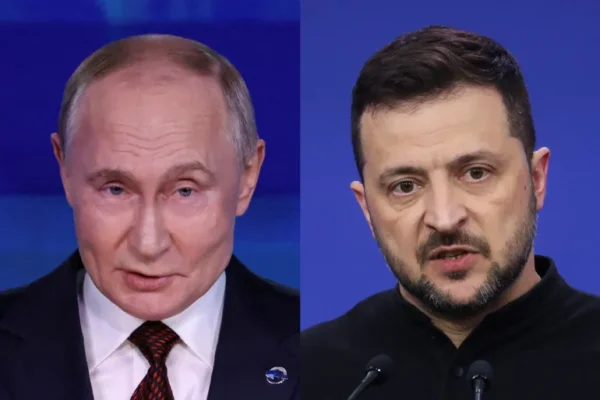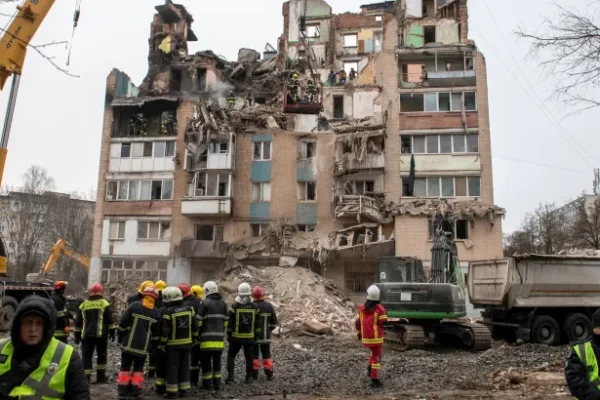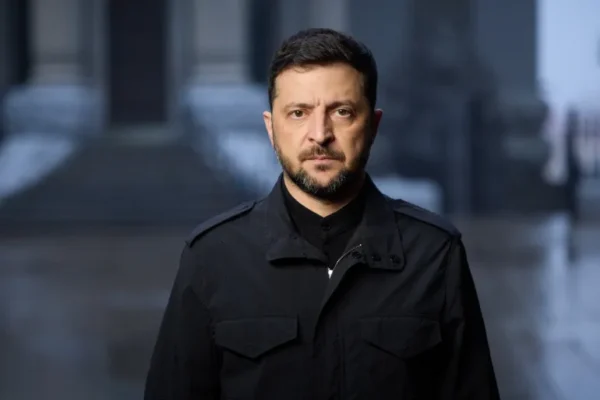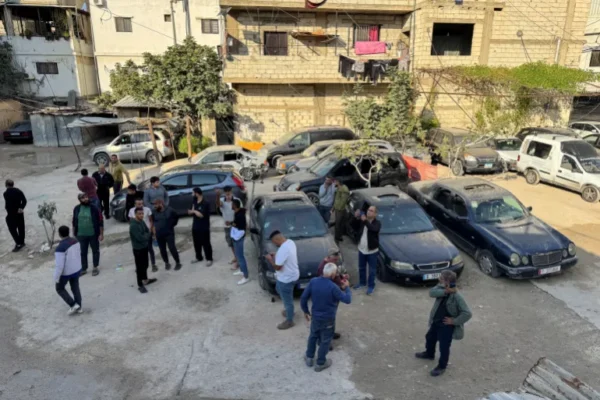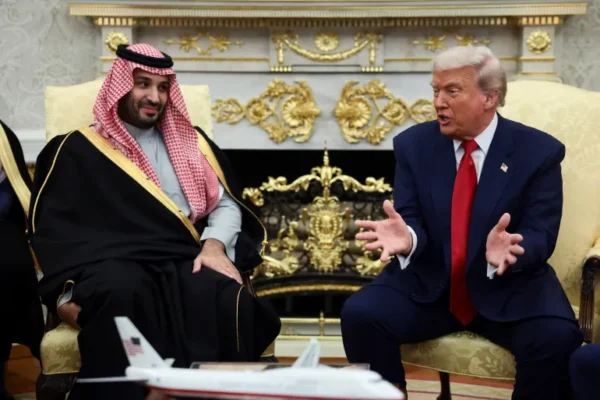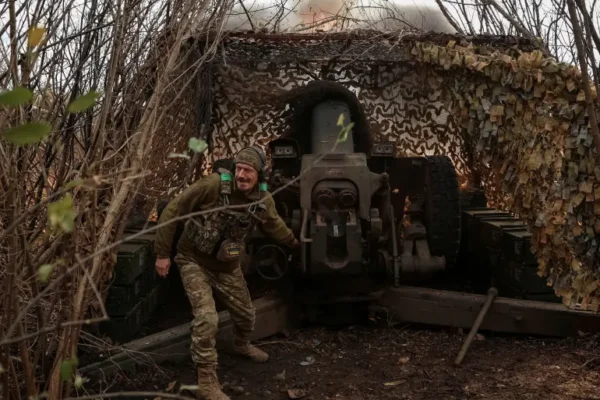Kyiv weighs US plan seen as endorsing key Russian demands; European allies express concerns. Ukrainian President Volodymyr Zelenskyy has warned that Kyiv is approaching a defining moment in its war with Russia as it considers a United States peace proposal that critics say aligns closely with Moscow’s demands. Speaking on Friday in the street outside his presidential office, Zelenskyy urged national unity and insisted he would not betray Ukraine’s core values. “Now is one of the most difficult moments of our history,” he said. “Ukraine can face a very difficult choice — either losing dignity or risk losing a major partner. I will fight 24/7 to ensure that at least two points are not overlooked: the dignity and freedom of Ukrainians.” Trump Sets Deadline for Acceptance The statement comes as US President Donald Trump appears to be tightening pressure on Kyiv to accept his 28-point proposal to end the nearly four-year war. Trump told Fox News Radio on Friday that next Thursday was “an appropriate” deadline for Ukraine to accept the deal. Reuters, citing two people familiar with the matter, reported that the Trump administration has threatened to cut off intelligence support and weapons supplies if Kyiv refuses. According to multiple media reports, the US plan includes terms long demanded by Russia, such as: Ukraine ceding more territory Limits on the size of Ukraine’s military A ban on Ukrainian membership in NATO Lifting Western sanctions on Moscow Reintegration of Russia into the G8 Putin Calls Proposal ‘A New Version’ of Earlier Plans Russian President Vladimir Putin said Moscow had received the “modernised” US plan, calling it “a new version” of what was discussed earlier this year before the Alaska summit. He added that the text had not been negotiated directly with Russia, “and I can guess why,” noting that Washington has not yet secured Kyiv’s approval. “Ukraine is against it,” Putin said. “Apparently, Ukraine and its European allies are still under illusions of inflicting a strategic defeat on Russia on the battlefield.” Battlefield Pressures Intensify Ukraine is facing growing military challenges as Russian forces continue to make gains. At least 31 people were killed and 94 wounded in a Russian missile strike on an apartment block in the western city of Ternopil earlier this week. The Kremlin claimed that 5,000 Ukrainian soldiers were trapped on the eastern bank of the Oskil River in Kharkiv region — a claim Kyiv has not commented on. Fighting continues around the eastern cities of Pokrovsk and Myrnohrad, with Russian advances also reported in Zaporizhzhia. Kremlin spokesman Dmitry Peskov said battlefield gains should convince Zelenskyy that “it is better to negotiate now rather than later,” adding that “the space for freedom of decision-making is shrinking” as Ukraine loses territory. Jim Townsend, former US Deputy Assistant Secretary of Defense for Europe and NATO, told Al Jazeera that Ukraine faces increasing pressure. “If the US pulls back and says, ‘If you’re not going to agree to this, we won’t support you,’ then Zelenskyy will be under tremendous pressure to accept — no matter how hard it feels,” he said. European Leaders Push Back, Call for ‘Just Peace’ Key European leaders — French President Emmanuel Macron, UK Prime Minister Keir Starmer, and German Chancellor Friedrich Merz — held talks with Zelenskyy on Friday.They welcomed US efforts but stressed that any peace must protect European and Ukrainian security interests. In a joint message, they reiterated their “unwavering and full support for Ukraine” and its path toward a “lasting and just peace.” EU foreign policy chief Kaja Kallas warned of the dangers of accepting a deal dictated by Russian aggression. “We all want this war to end, but how it ends matters,” she said. “Russia has no legal right whatsoever to concessions from the country it invaded.” Reporting from Berlin, Al Jazeera’s Dominic Kane noted that while Europe is presenting a united front, its leaders are unlikely to determine the final terms. “Ultimately, the capitals where everything will be decided are Moscow, Kyiv, and Washington,” he said.
